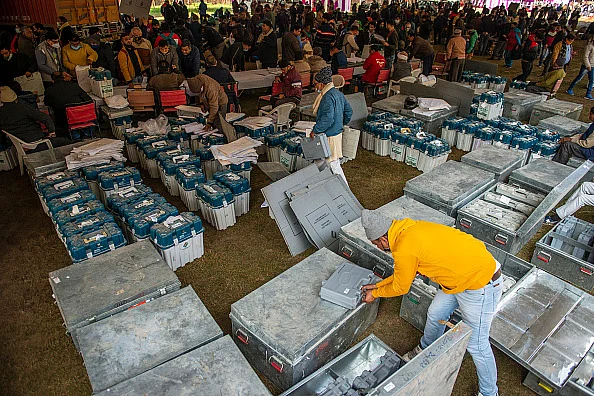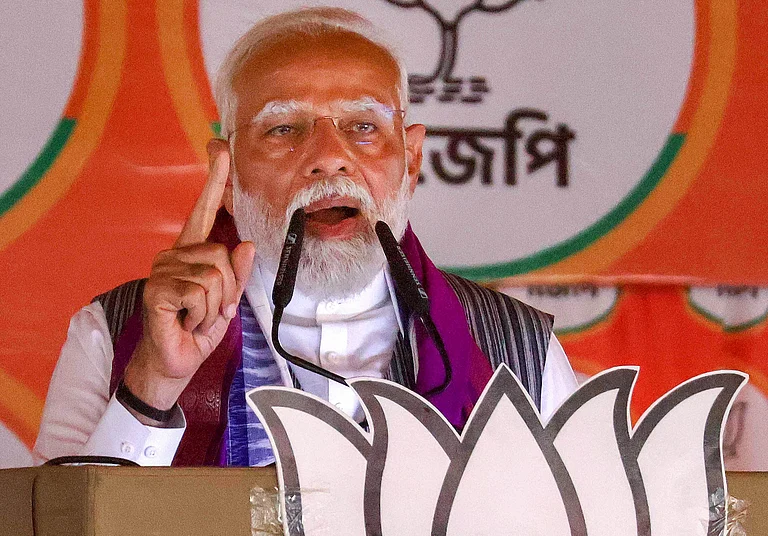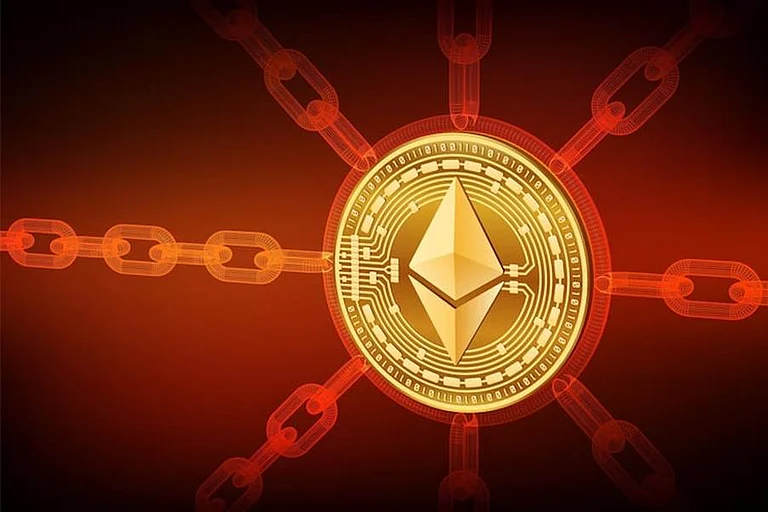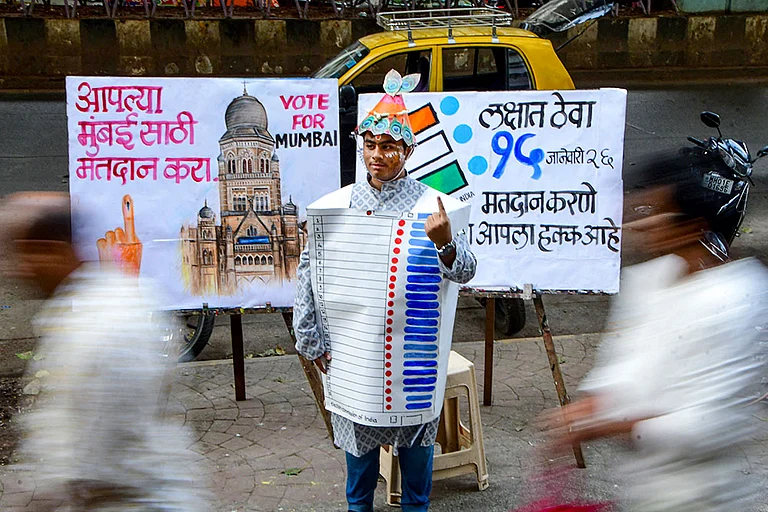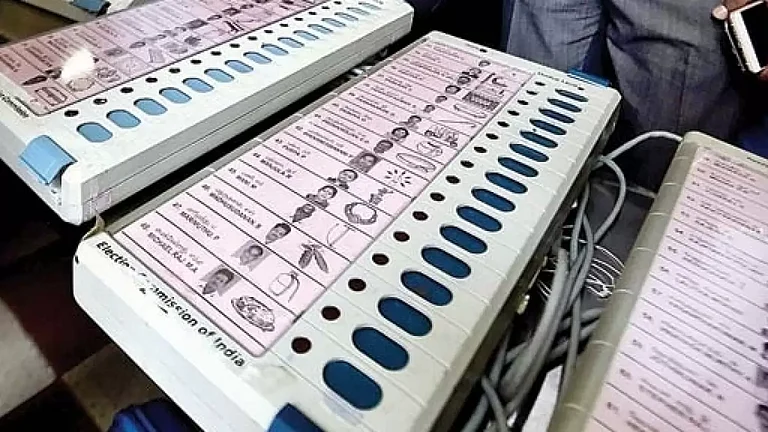The Supreme Court on Friday rejected pleas seeking 100 per cent verification of the VVPAT slips generated during EVM polling in India, saying “blindly doubting a system can breed scepticism.”
The bench comprising Justices Sanjiv Khanna and Dipankar Datta delivered separate but concurrent judgements rejecting the petition. “We have elaborately discussed the protocols, technical aspects,” Justice Khanna said, according to Livelaw. “We have rejected all the pleas.”
What was the case
To ensure free and fair elections, the Association for Democratic Reforms had in March 2024 filed a petition asking for cross-verification of Electronic Voting Machine (EVM) tallies with Voter Verified Paper Audit Trail (VVPAT) records. To expedite this verification, they proposed the use of barcodes on VVPAT slips.
There were also pleas for the VVPAT slip - printed when a voter casts their vote - to be given to the voter so they can verify and then put the slip in the ballot box. A petition to return to ballot paper system was also filed.
Prashant Bhushan, representing the Association for Democratic Reforms, argued that the current practice of verifying VVPATs in only five randomly chosen polling stations per constituency was not enough.
The petitioners’ side also argued that there had been instances of discrepancies where a voter voted for a certain party but the VVPAT slip printed another party’s symbol. “To illustrate, during mandatory verification of paper slips of VVPAT of five randomly selected polling stations, in polling station no. 63 of Mydukur assembly constituency in Andhra Pradesh in the 2019 general elections, the returning officer officially verified that there was a discrepancy of 14 votes in the EVM and VVPAT counts,” the plea had stated.
Additionally, during the proceedings senior advocate Gopal Sankaranarayanan cited a July 2023 report of the Committee on Government Assurances which stated that the Union government had not responded for four years after promising the Parliament that it would get information from the Election Commission about any differences between the EVMs and VVPATs in the 2019 elections.
The Election Commission of India (ECI) dismissed these allegations, calling ADR's accusations "baseless" as the court extensively questioned the ECI about the technology employed in the EVM-VVPAT system and inquired about the safeguards in place to maintain transparency.
What was the Supreme Court’s judgment
The Supreme Court on Friday (April 26) rejected the pleas seeking 100 per cent cross-verification of Electronic Voting Machines (EVMs) data with Voter Verifiable Paper Audit Trail (VVPAT) records, the judgment coming a week after it heard arguments from both sides.
"While balanced perspective is important, blindly doubting a system can breed scepticism and thus, meaningful criticism is needed, be it judiciary, legislature etc. Democracy is all about maintaining harmony and trust among all the pillars. By nurturing a culture of trust and collaboration, we can strengthen the voice of our democracy," Justice Datta said in the judgment.
Although the two-judge bench rejected the pleas, it also issued a series of directives to the EC and asked it to implement them on or after May 1, 2024.
The Supreme Court ordered the Election Commission to seal and secure all Symbol Loading Units (SLUs) of VVPAT machines before the symbol loading process on May 1, 2024 and said all SLUs must be stored for at least 45 days.
The court also directed that after the results are declared, a team of engineers must examine the burnt memory in the microcontroller EVMs. Candidates ranked two and three would have the option to request this examination within seven days of the results.






